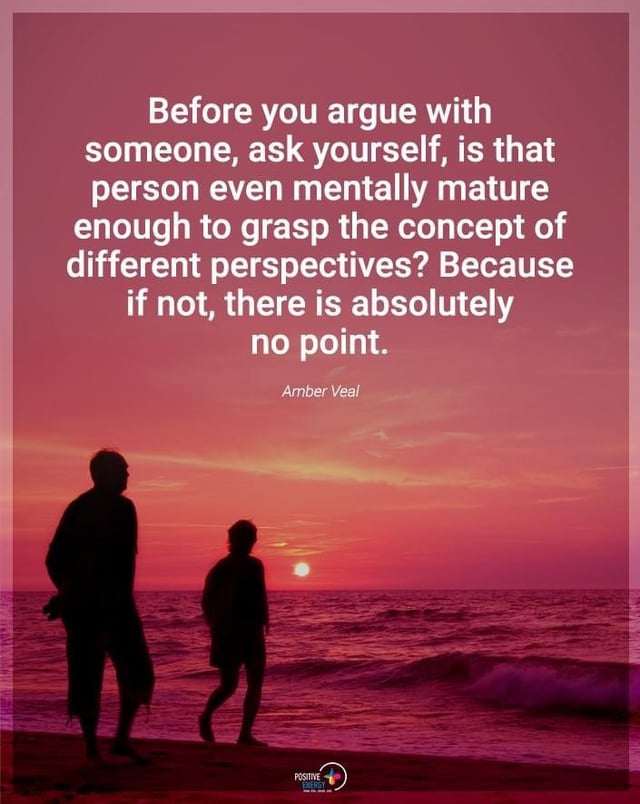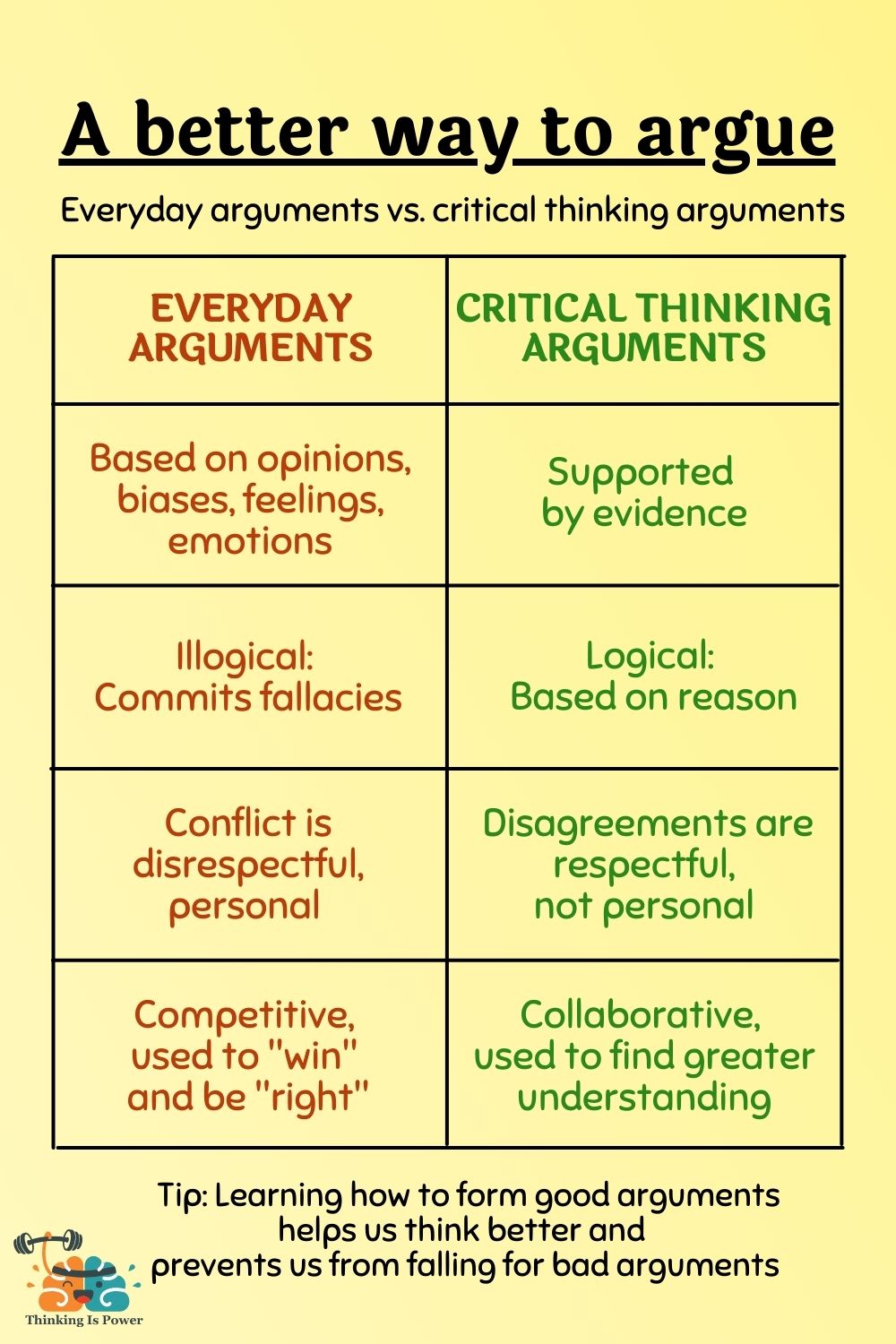Alright, let’s get into this. That whole thing about starting arguments for, well, what feels like no reason at all. It’s a kicker, isn’t it? For the longest time, I didn’t even realize I was the one doing it. Seriously. I’d walk away from some stupid blow-up thinking, “Man, what’s their problem?” Took me a while, and a lot of looking inwards, to see my own fingerprints all over the mess.

So, How’d I Even Notice?
It wasn’t some grand epiphany. More like a slow, uncomfortable itch I couldn’t quite scratch. I’d find myself tangled up in these pointless disagreements. Over the brand of coffee, the way someone loaded the dishwasher, the quickest route to somewhere I wasn’t even driving to. Dumb stuff. And afterwards, there’d be this awkward silence, or someone would be clearly annoyed, and I’d just feel… agitated. Not vindicated, just stirred up.
My partner, bless their patient soul, probably noticed way before I did. They wouldn’t always call me out, but I’d see that look. You know the one. That “here we go again” expression. That was probably the first real clue that maybe, just maybe, the common denominator in all these “no reason” arguments was, uh, me.
The Messy Bit: Trying to Figure it Out
So, I started to pay attention. Not in a “I’m going to fix myself overnight” kind of way. More like a detective who’s pretty sure they know the culprit but needs to gather evidence. I’d replay these little flare-ups in my head. What was said? What was I feeling right before I jumped in? This wasn’t about blaming myself into a hole, more like trying to understand the mechanics of my own brain.
And you know what I found? It was rarely about “no reason.” The reasons were just buried, or stupid, or things I didn’t want to admit to myself. Here’s some of what I dug up:
Sometimes, it was pure stress overflow. Like, I’d be wound up tight about work, or money, or something totally unrelated. Then, someone leaves a spoon in the sink, and suddenly that becomes the hill I’m willing to die on. It was easier to pick a fight over something small and controllable than to face the big, scary, out-of-my-control stressor. Redirected frustration, I guess.

Other times? Honestly? Boredom. Yeah, I know. Sounds awful. But if things were too quiet, too calm for too long, a weird part of me would get antsy. An argument, even a petty one, is a jolt of energy. Not good energy, mind you, but it’s something. It’s like poking a hornet’s nest just to see what happens. Not my proudest realization.
Then there’s the feeling unheard thing. This was a big one for me. If I felt like I was being overlooked, or my opinion didn’t matter in a bigger conversation, sometimes I’d latch onto something, anything, to argue about. It was a crappy way to make myself feel seen, even if it was through negative attention. It was like shouting, “Hey, I exist! I have thoughts!” even if those thoughts were currently being used to dismantle someone’s choice of movie.
And old habits, man, they die hard. I had to think about how disagreements were handled when I was growing up, or in past relationships. Sometimes, that argumentative stance is just a deeply grooved pattern, a default setting you don’t even realize is running.
What I Started Doing About It (The “Practice”)
Okay, so identifying the patterns was one thing. Doing something about it? That’s the ongoing bit. It’s not like I flipped a switch and became a zen master. Far from it.
The first thing was learning to spot the urge. That little internal fizz, that feeling of wanting to pounce on a word, or correct someone, or just generally be contrary. When I feel that now, I try – and I mean really try – to just pause. Take a breath. Sounds simple, but it’s surprisingly hard when you’re already revved up.

Then I ask myself, real quick: “What’s actually going on here? Am I genuinely upset about this thing, or is something else bugging me?” More often than not, it’s something else. Recognizing that can sometimes deflate the urge enough for me to let it go.
Sometimes, if I catch it too late and I’m already halfway into some dumb point, I’ve learned to just… stop. To say, “You know what? Never mind. It’s not important.” That’s tough on the ego, let me tell you. But it’s better than escalating things for no good reason.
And I’ve had to get better at voicing the real stuff. If I’m stressed about work, I try to talk about that, instead of starting a fight about who used the last of the milk. It’s not easy, and I don’t always get it right.
So, Where Am I At With It?
It’s a work in progress. Definitely. I still slip up. I still have days where I’m more irritable, more prone to picking. But I’m much more aware of it now. And that awareness is huge. It gives me a choice I didn’t feel like I had before.
Life’s generally calmer. Not always, but more often. And those “no reason” arguments? They still happen sometimes, but they’re fewer and farther between. And when they do, I’m quicker to see my part in it. It’s not about being perfect; it’s about being a little bit better, a little more conscious, than I was yesterday. That’s the practice, I guess.











